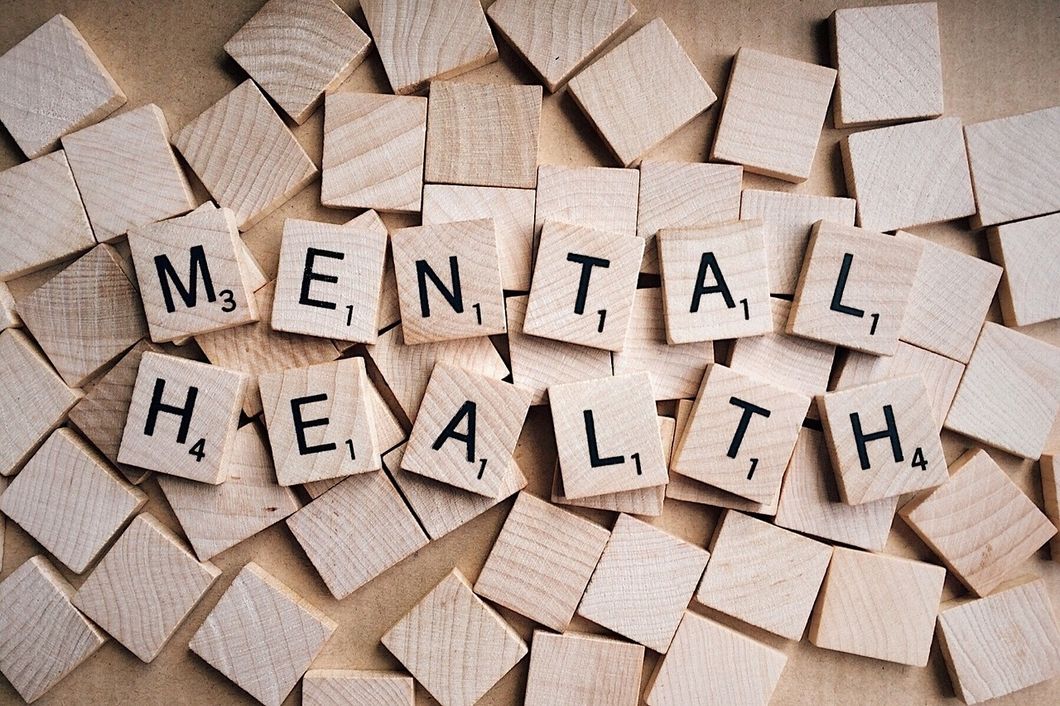Yes, I know. People are capable of connecting with one another regardless of race, gender, and sexuality. And yes, mental health issues are universal.
However, here's the thing about mental health among the LGBTQ+ community and communities of color- we don't have the same resources or support as white and straight individuals have. More importantly, our marginalized identities often contribute to the mental health issues we might have- at worst within our own families and communities, we are unable to find the help we need. This isn't to say that white and straight individuals don't suffer just as much from mental illnesses on college campuses, but based on the stories I've heard from other POC and queer students about the counseling center and based on my very limited experience there during my first year, the counseling center often fails to address these issues effectively, leaving the student to look to other students for support. Or even worse, the counselors there have only further isolated the very students they are trying to help whether this is by denying the issues of identity that might be affecting the student or even by attributing every problem a student of a marginalized group to their identity. I remember when I interviewed a counselor at the Counseling Office, when I asked her (a white woman by the way) about issues of diversity and identity in relation to mental health, she was struggling. To be more exact, she had no clue what she was talking about.
So what can be done to make this better?
One. Make the counselors (especially the white and straight ones) take diversity courses.
Two. Hire more POC and LGBTQ+ counselors. Not only do they have a more nuanced understanding of race and sexuality, but they would make students of these marginalized identities much more comfortable.
As individuals of non-majority identities, they can better understand the experiences of a queer students or/and a student of color because they too have probably had that experience. White/straight counselors may be able to sympathize to a certain degree, but when it comes to issues of, for example, homophobia or racism, it takes a target of one to understand one.
I'm not saying that people of different races and gender and sexual orientation can't relate to one another. But more importantly, there is something comforting revealing the most intimate parts of yourself to someone who looks like you. Someone who might be able to relate to you experience-wise and even culturally. People might say that they want different types of friends, but really, at the end of the day, the people closest to you tend to look similar to you. That's not a bad thing- it's just what you're used to.
At least that is what I have found. Today, I just came back from a retreat- during it, at one point, I had a pseudo-counseling session (they called it a Sacred Listener session) with a POC grad student. I believe he was South Asian. Still, that was probably the first counseling session that I felt actually better afterwards. I felt…lighter. A little better, which is the goal of counselors in the first place.
- 13 Thoughts On '13 Reasons Why' FromA Mental Health Professional ›
- Brandeis Needs New Counseling Hours ›
- 'Sought Help' And 55 Other Things I Wish I'd Done When I Fell Into A ... ›
- This Is The Biggest Problem With University Counseling Centers ›
- The Truth Is "Mental Health" Has No Face ›
- Getting Straight A's In College Is Not Worth Failing Your Mental Health ›
- Make Your Mental Health A Priority, Trust Me ›
- The Reality Behind Mental Health In Student Athletes ›



















